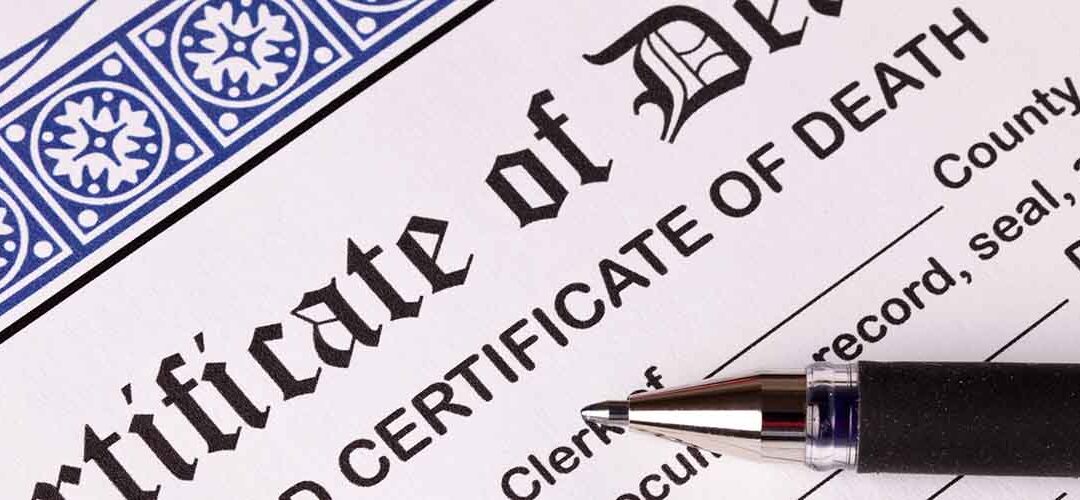
by Alan Cohen | Feb 23, 2024 | How To
When a loved one passes away, in addition to the grief felt by those around them, there are also many practical, administrative steps that must be taken to close the estate and let legal entities know the person has died. Unlike a simple task like canceling a Netflix... 
by Alan Cohen | Jan 23, 2023 | How To
What is a bereavement fare? When you are facing the loss of a loved one, flying last minute to say goodbye to someone who is dying or to a loved one’s funeral can be a financial hardship. To help alleviate the costs of such a plane ticket, certain airlines offer... 
by Alan Cohen | Dec 29, 2022 | How To
Our staff at Bio SoCal are often called to scenes for biohazard cleanup after the police have received a request for a wellness check. These checks often lead to the discovery of an elderly person in distress, the body of someone who has passed away, or a crime scene.... 
by Alan Cohen | May 31, 2022 | How To
None of us know how many sunrises and sunsets we have left to enjoy. The end of our lives can come at any moment and though we all hope for years more to enjoy time with family and friends, the end of our stories can come faster than we expect. While we are able to...




